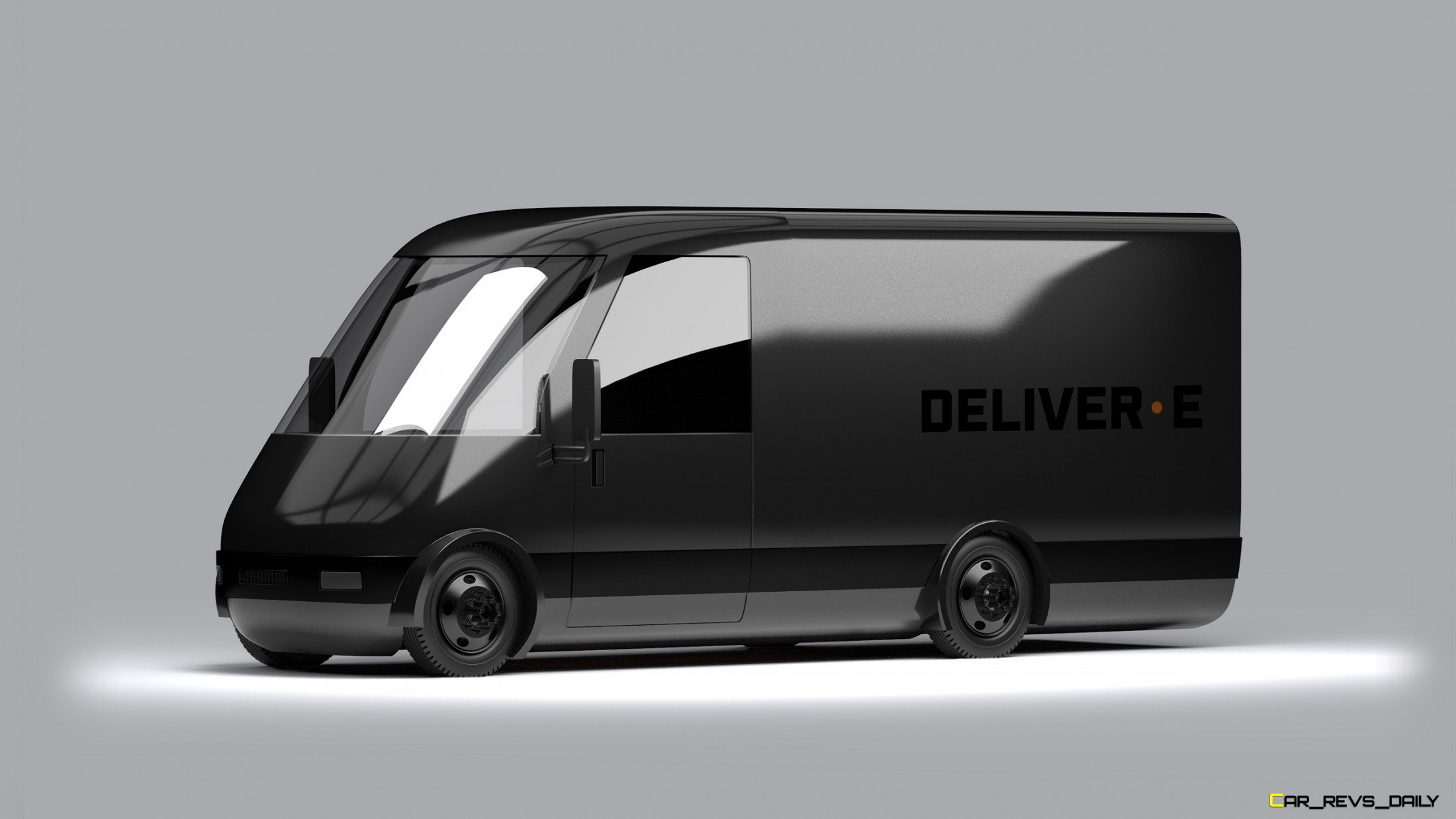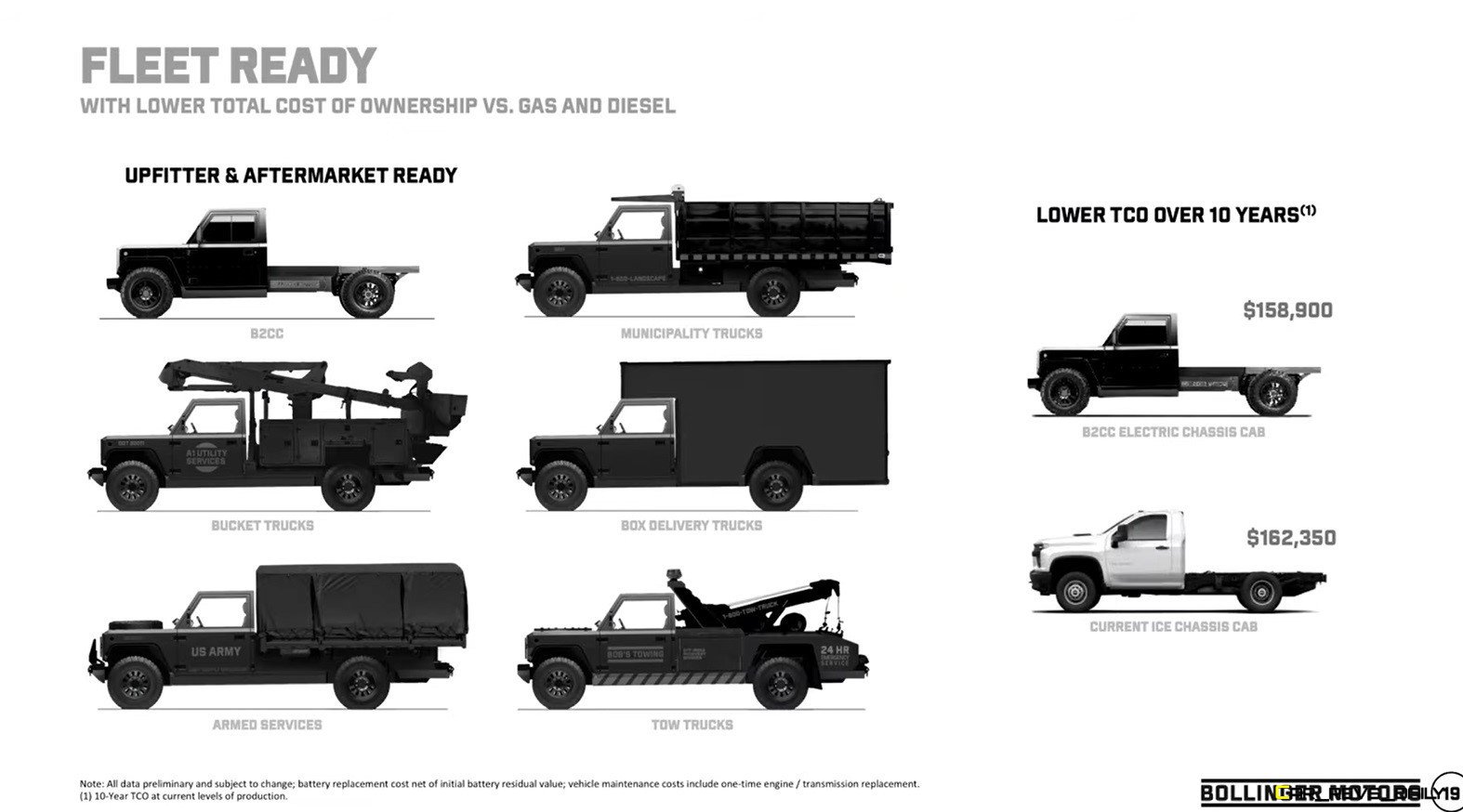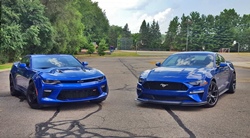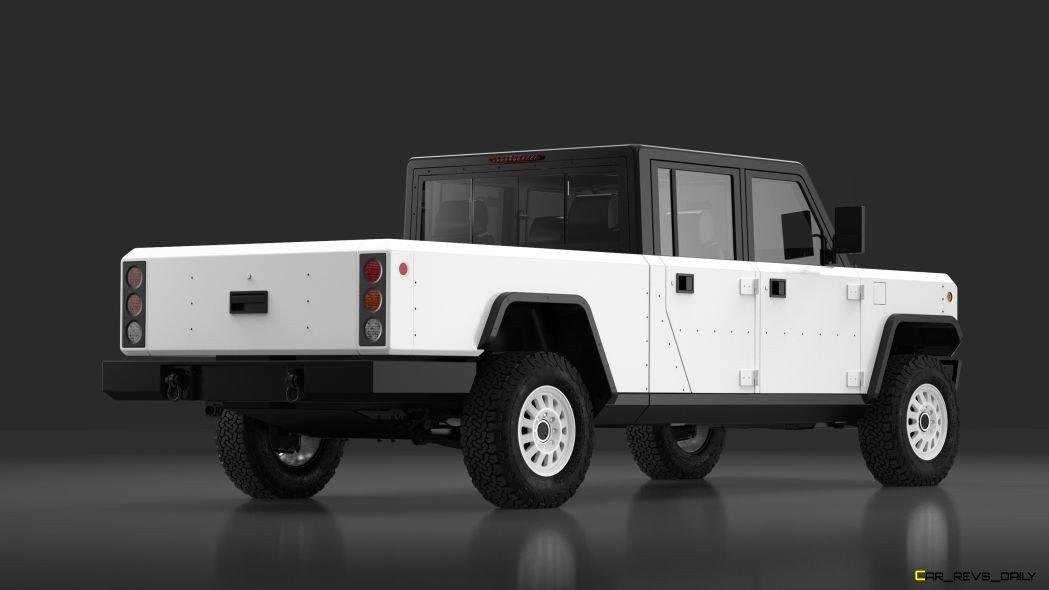The story of Bollinger Motors has been one that we have been following almost from the beginning, with the EV upstart unveiling the B1 pickup and B2 SUV several years ago. The B1 and B2 were tailored towards the off-road market, with both models offering tremendous amounts of storage, rugged capability, and no-nonsense styling. However, it appears that changing market conditions have forced Bollinger to make a difficult decision, with the company revealing that it will postpone the production of consumer trucks and will instead shift to a commercial-only operation.
What Happened?

While Bollinger’s announcement didn’t reveal too many details, company founder Robert Bollinger did release a brief statement which can be seen below.
“We started Bollinger Motors in 2015 with a dream and a desire to make the best trucks possible,” said Robert Bollinger, CEO of Bollinger Motors. “We’ve put countless hours of hard work and passion into making something that makes us proud. However, today, we’re postponing the consumer trucks’ development and shifting our focus to commercial trucks and fleets.”
We suspect that COVID-related challenges potentially played a role in this decision. The ensuing supply shortage put the squeeze on Bollinger’s ability to get crucial components for the trucks to be built practically. In addition, the commercial vehicle market for EVs has been rapidly gaining traction, and increasing sales in this arena have made it a more lucrative business than the consumer side for some Ev companies.
Bollinger’s New Direction

With the shift away from the consumer side of the business to the commercial and fleet sectors, Bollinger will (in theory) have more resources to develop and engineer vehicles that will help them cater to fleet and commercial buyers. The company did announce that it intends to produce commercial products that would fall into Classes 3-6, with the B2CC promising to offer an impressive degree of flexibility and configurability when it comes to its ability to be crafted for a wide range of commercial applications. That includes the recently unveiled Deliver-E cargo van.
The commercial segment will also allow Bollinger to test its technologies in the real world and gain valuable insight and feedback from customers in real-world use. This knowledge could help the company perhaps re-enter the consumer market later with any future consumer-based offering benefitting from real-world data and some of the lessons learned in the development of the original B1 and B2.
We’ll keep an eye on Bollinger Motors, especially if this postponement turns out to be temporary and leads to a new generation of trucks and utilities that are bigger and better than ever.

Carl Malek has been an automotive journalist for over 10 years. First starting out as a freelance photographer before making the transition to writing during college, his work has appeared on numerous automotive forums as well as websites such as Autoshopper.com.
Carl is also a big fan of British vehicles with the bulk of his devotion going to the Morgan Motor Company as well as offerings from Lotus, MG, and Caterham. When he is not writing about automobiles, Carl enjoys spending time with his family and friends in the Metro Detroit area, as well as spending time with his adorable pets.

